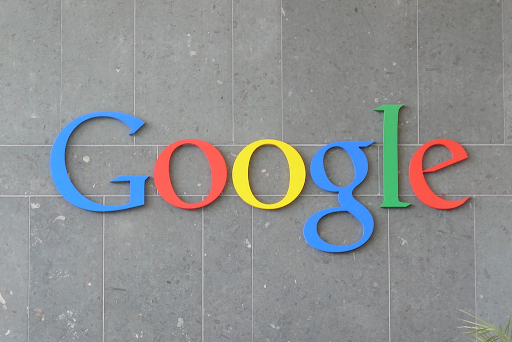In the annals of antitrust law, a new legal strategy was effectively born this week: the “AI Defense.” Google’s success in using the rise of generative AI as a shield against a corporate breakup has set a powerful precedent that will be studied and emulated by dominant firms for years to come.
The strategy is elegant in its simplicity. When accused of illegally monopolizing a current market, a company can argue that the market itself is on the verge of being disrupted by a new, powerful technology. This shifts the focus from the company’s past anti-competitive actions to the dynamic and innovative nature of the industry as a whole.
Judge Mehta’s acceptance of this argument is a game-changer. He was persuaded that the long-term threat from AI was so significant that it rendered the government’s harshest remedies unnecessary. This gives other tech giants a clear roadmap for their own legal battles.
Now, expect to hear similar arguments in other cases. Meta could argue its social media dominance is threatened by decentralized platforms. Amazon could point to AI-powered e-commerce as a disruptive force. The AI Defense allows companies to position themselves not as entrenched monopolists, but as incumbents in the crosshairs of the next technological revolution.
A Landmark Precedent: The AI Defense Is Born
22

